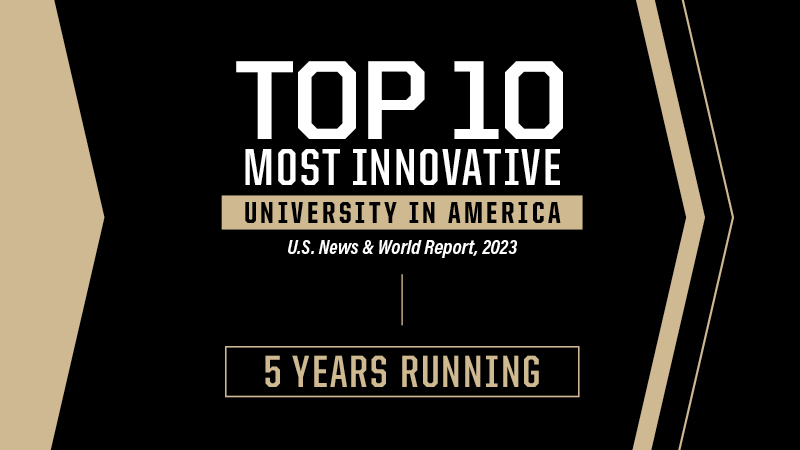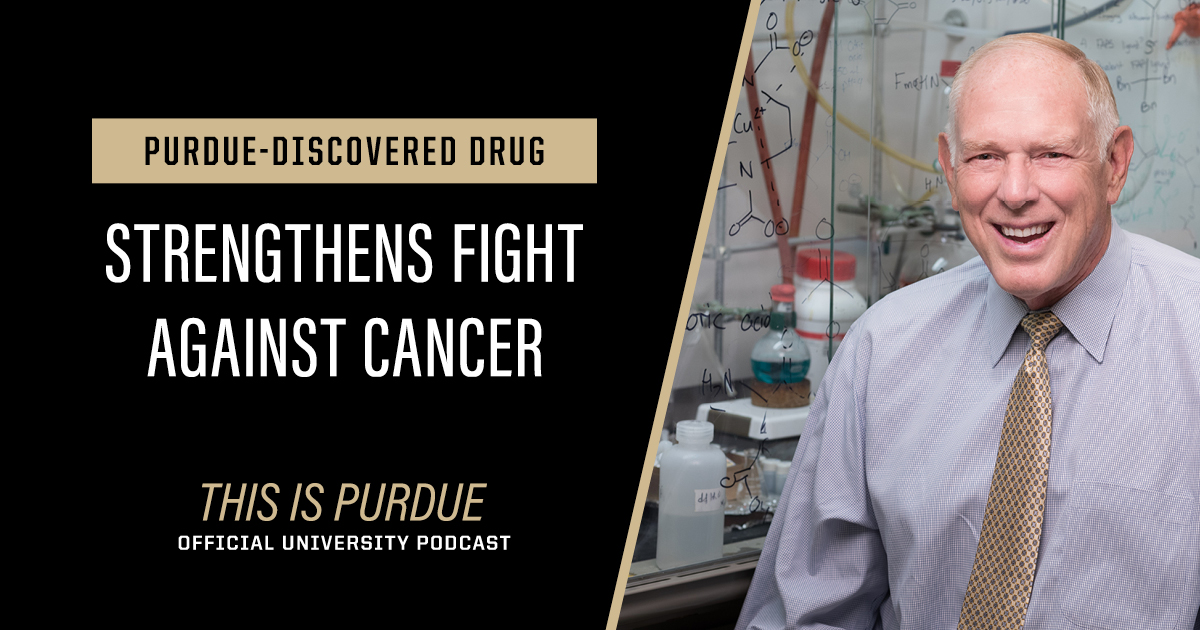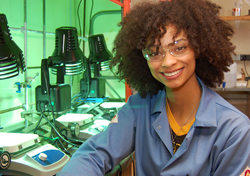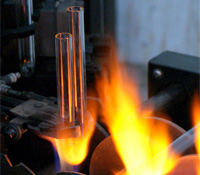Graduate Admissions
Preparing to Apply

Finding the Right Advisor
We do not immediately assign primary advisors to our first year grad students. Instead, our faculty members provide a month long series of research presentations to introduce new students to their work. Students also participate in-depth interactions with research groups and are encouraged to meet 1:1 with faculty before they submit their choices for research advisors later in the fall. Why do we go with this advisor selection model? First, we want our new students to discover all of the fascinating avenues of research that they could pursue, rather than limiting themselves to the area of interest or professors they listed on their admissions application. Secondly, we recognize that choosing a research advisor is one of the most important decisions a grad student makes. Since primary advisors most directly guide their students' studies and shape their understanding of research, we believe that helping students identify the professor best aligned with their goals and interests through an in-depth process is integral to ensuring their success, both during and after their studies.

A Focus on Success
Purdue Chemistry aims to drive our graduate students' professional success long after their degree has been earned. Professionalization workshops and job talks are offered regularly throughout the semester. The University's prestige among Big 10 schools attracts major corporate recruiters, who work with the Chemistry Department to hold info session and recruiting events, interview graduate students on campus, and promote available positions and internships. The Department also encourages its students to engage in entrepreneurial activities, such as the Burton Morgan Competition and the Foundry.

This is Purdue: Interview with Chemistry Professor Phillip Low
How will you make a difference in the world? Dr. Phillip Low, Purdue University's Robert C. Corley Distinguished Professor of Chemistry, is making his difference through innovation in ovarian cancer treatment. Watch this episode of #ThisIsPurdue to hear Professor Low discuss his development of Cytalux, the recently FDA-approved drug that helps illuminate cancer cells during surgery.


